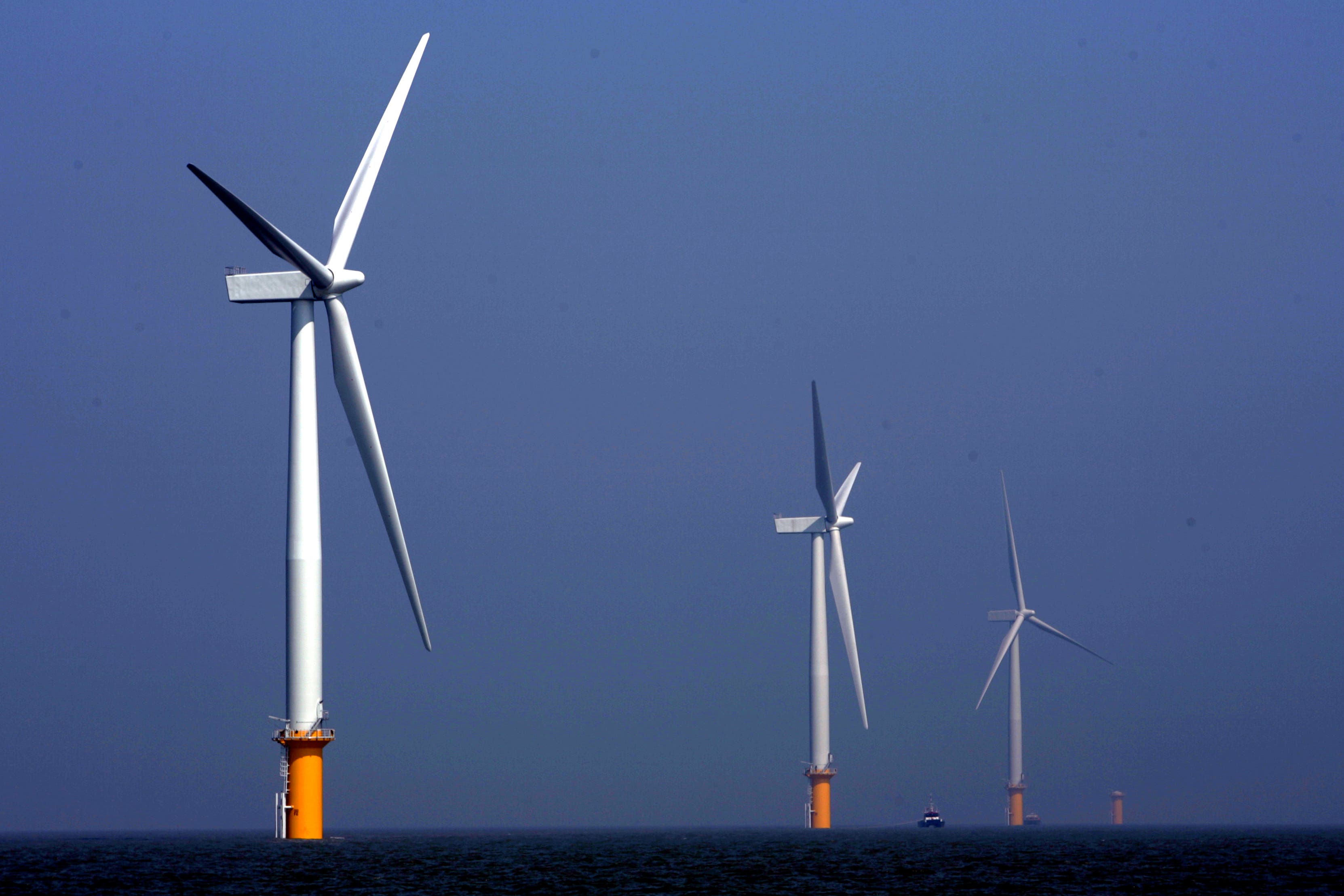‘Polite queuing’ will not decarbonise energy grid, says Ofgem boss
More than half of all renewable projects wait for over half a decade for a connection to the grid, Ofgem said.

Britain will not achieve its ambition to decarbonise the electricity grid by the middle of the 2030s with the current system of “polite queuing”, the boss of Ofgem has said.
Regulator chief Jonathan Brearley said that it is “unacceptable” that some renewable energy projects which may never be built are able to block more viable wind and solar farms from being connected to the grid.
He promised a major review which will report within two years and help slash the backlog of projects that are waiting to be connected to the grid.
Polite queuing may be in the very best of British traditions – but the first-come, first-served connections regime is not fit for purpose if we are to end fossil fuel power within 12 years
Builders of wind farms say that the difficulties of securing a cable which connects them to the grid is one of the biggest issues holding back the rollout of clean energy across Britain.
It does not matter how fast they can put up wind turbines if these turbines are not able to get the electricity they produce to the businesses and households who need it, they say.
It can take up to 10 years to get a connection, while more than half of projects wait for more than five years.
Ofgem said it could phase out the current first-come first-served system whereby, it said, “zombie” projects which are never likely to go ahead still take priority over newer but more viable plans.
“Polite queuing may be in the very best of British traditions – but the first-come, first-served connections regime is not fit for purpose if we are to end fossil fuel power within 12 years,” Mr Brearley said.
“It is unacceptable energy projects are blocking great low-carbon schemes from plugging into the transmission network – with connection times of a decade or more.”
Incremental change will not be sufficient – we need a transformative approach
The Government hopes that all electricity produced in the UK will not have any carbon emissions from generation by 2035.
To get there ministers hope that 50 gigawatts of offshore wind will have been installed by the end of the decade, and 70 GW of solar by 2035.
But Mr Brearley warned that ambitious targets could turn into empty words without change. He warned that connection delays and costs were the biggest risk to this.
“We can’t scale up the grid capacity needed by 2035 without much bolder intervention to get new power on the grid as quickly as possible,” he said.
It comes a day after a report from National Grid said that “urgent action” was needed from Ofgem, the Government and industry to reach the 2035 target.
It called for reform to the planning system, changes to regulation and governance and echoed Ofgem’s call for a move away from the first-come, first-served system.
National Grid boss John Pettigrew said: “Today, we all stand at a critical juncture. The scale of the transformation needed over the next decade and beyond is a level not seen for generations with a far greater level of investment needed over a much shorter timeframe.
“Incremental change will not be sufficient – we need a transformative approach.”
National Grid ESO, which runs the grid independently to National Grid, said that it had launched an amnesty which could let projects withdraw from its queue without penalties.
It is also updating how connection dates are calculated, among other things.





